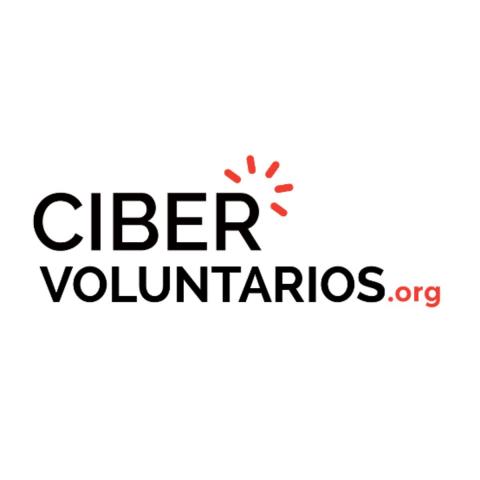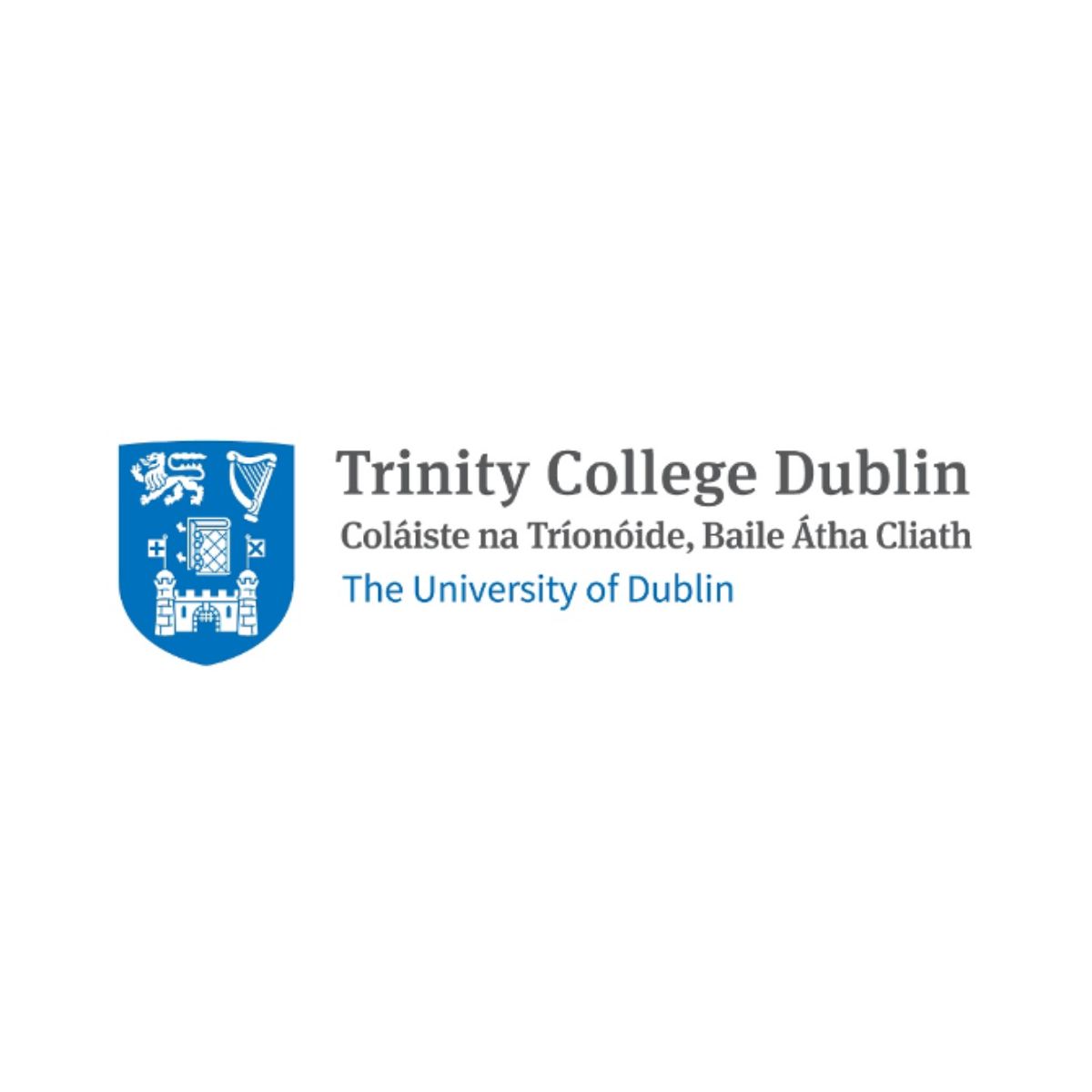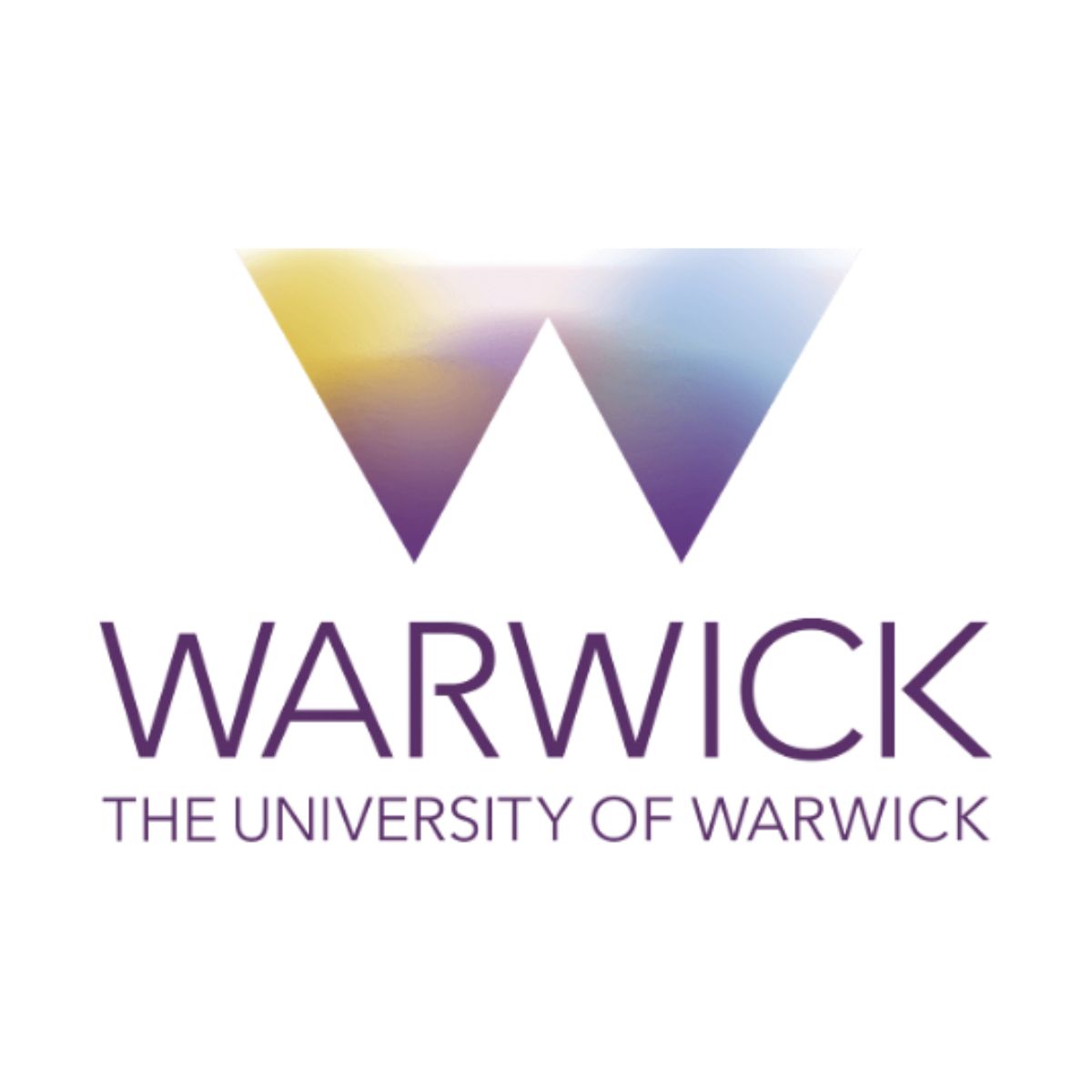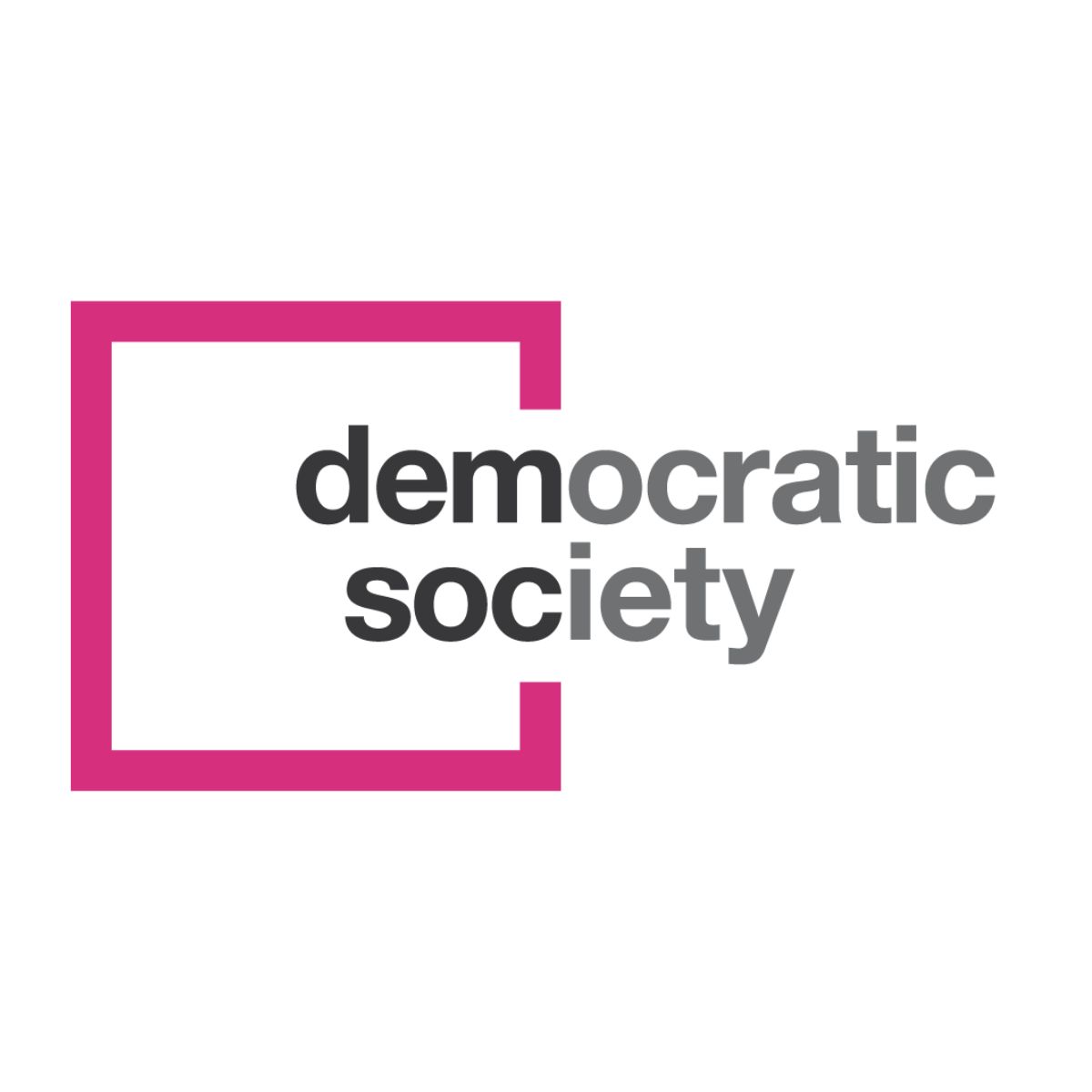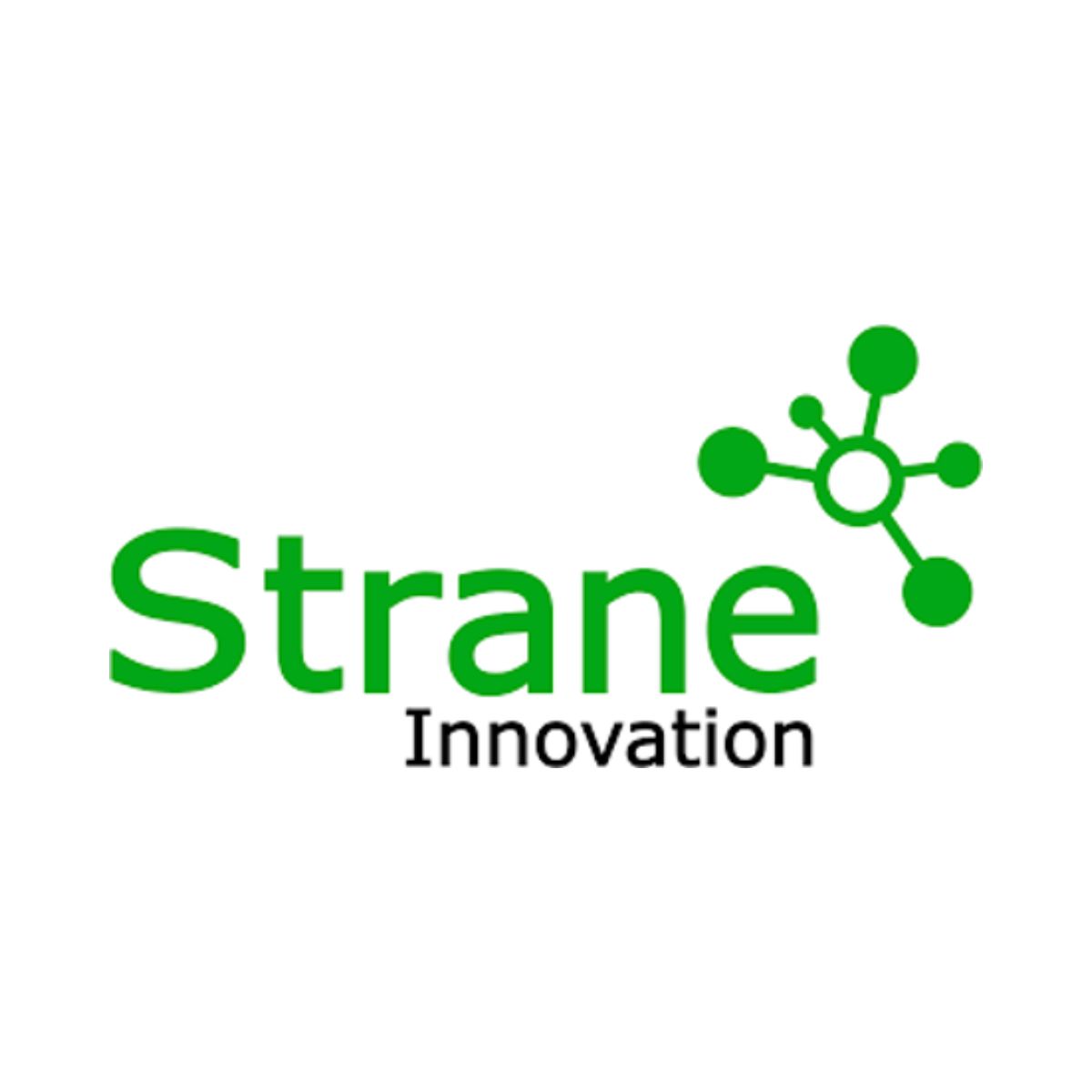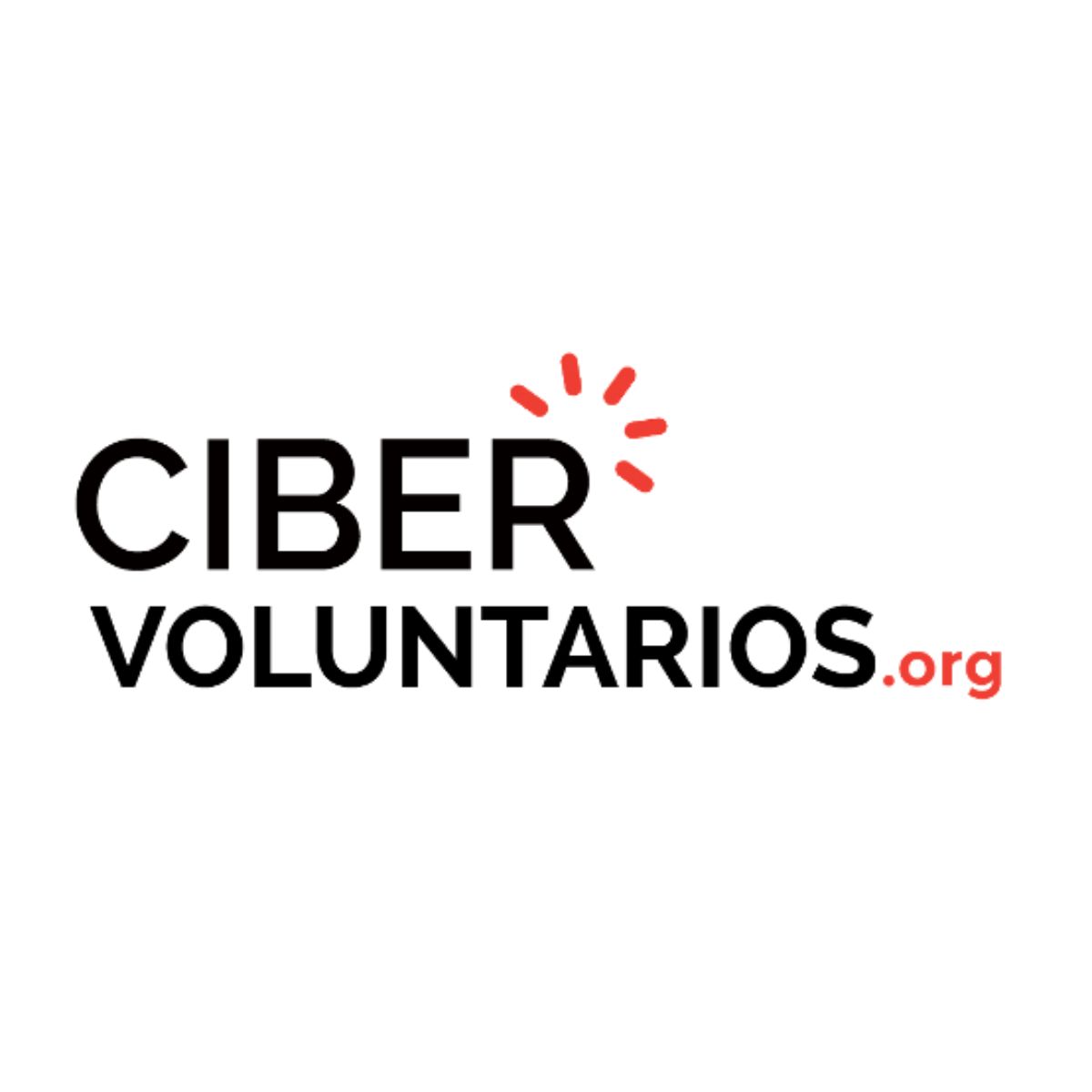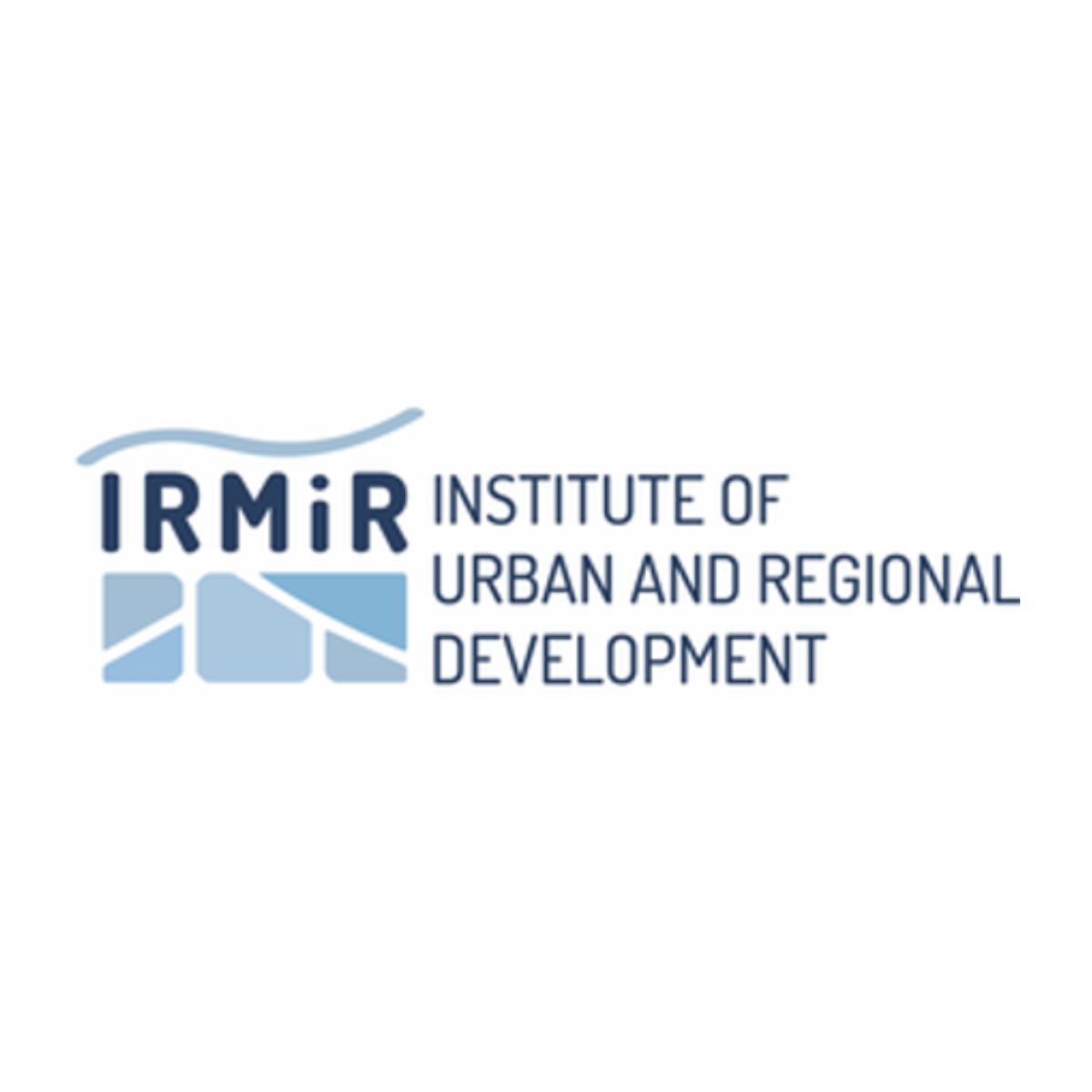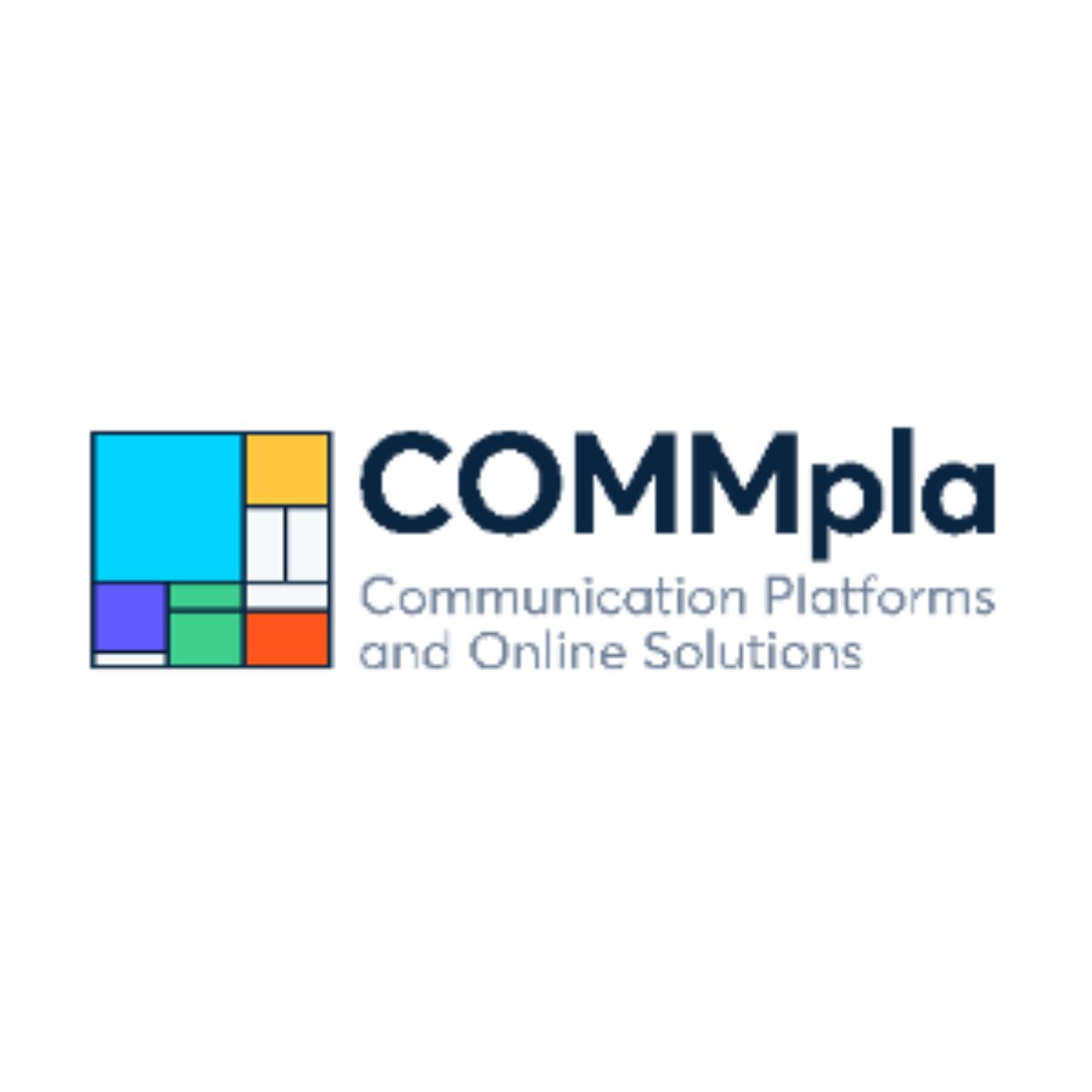
Madrid
General Goal & Structure
----------
The Madrid Use Case (UC 2) is directly connected with Warsaw (UC 3), as they both engage citizens and citizen-facing CSOs, with a focus on exploring citizens' perceptions of knowledge technologies and the development of educational materials and games to enhance digital literacy.
The reason for this is overlap is to account for the fact that democracy and civic participation are in essence local phenomena, requiring that participants be able to participate in a concrete rather than abstract context, their local language, and within cultural norms and expectations.
The two parallel citizens and citizen-facing CSOs use cases in Madrid and Warsaw have therefore been chosen to give us a sense of the extent to which attitudes and effective measures toward the safeguarding of democracy in the face of AI and big data are reliant upon culturally specific linguistic and contextual signals.
Primary Objectives
The overall objectives of UC 2 are as follows:
Identify perceived threats to but also opportunities for democracy related to AI and big data
Create educational materials and games that help with critical literacy so as to overcome problems in democracy in relation to technology
Exploring citizens’ perceptions of knowledge technologies and the development of educational materials and games to enhance digital literacy
Methodology
The four use cases follow a common methodology, based upon three interaction points between the project and their target stakeholder groups.
The first interaction was based upon the model of Participatory Design. The second interaction will be constituted as a one-day Digital Democracy Lab. The final interaction will be between the KT4D team and target groups, where pre-final versions of KERs will be available for testing and discussion.
The participant groups are built up out of the host partners’ current projects and networks, and have been assigned to localities to capitalise on partner networks and local community assets, such as the presence of technology multinationals in Dublin or of policymakers in Brussels.
Interaction with other Use Cases
The Madrid Use Case interacts with the other use cases in the following ways:
Similar Combined Use Case Methodology
Coordination of the meeting events ensuring coordination between the contributing WPs, events management, including Use Case consultations and co-creation meetings
However, as mentioned, UC 2 and Warsaw (UC 3) maintain a connected relationship in the following ways:
Meetings are organised in a two-step approach: a pilot study meeting (in Cracow, Poland) and the proper Use Case meetings (Warsaw and Madrid). All processes (participants recruitment, meeting conduct, etc.) adopted for the pilot study helped the researchers to better perform the proper Use Case meetings. Through these actions, the topics and preferred formats among users were determined, to accordingly design the materials and games.
UC 2 & 3 are very similar and both were inspired by the pilot study meeting in Cracow. In addition, the main difference between the use cases in Spain and Poland is that the use case in Spain is conducted without a separate pilot in that country.
Target Audience
Deliverables / Outcomes
Narrative based simulation game and 2 interactive explainers (KER 4)
Create interactive educational/infotainment materials targeting citizens and citizen-facing CSOs to realise the concept of culturally sensitive critical digital literacy.
This KER will produce a framework as well as pedagogical materials with which to operationalise it. These tools will be designed to protect citizens from the possible negative impacts of advanced knowledge technologies on fundamental rights and democracy and they are being designed by taking into account the insights (both discussion and prototypes) of the first meeting for UC2 and UC3
Digital Democracy Lab Demonstrator (KER 5/6)
A one-day experience of working within a transparently constructed, open and explainable platform for civic interaction. During the workshop, each of the core components will be explained and engaged with critically by the users in the lab in order to achieve civic interaction and actionable insights. Participants will be guided through a series of hands-on exercises working with the demonstrator platform and actively exploring the emerging ethical and technical issues. Each exercise will be accompanied by an opportunity for reflection on the affordances and constraints of the platform.
Updates & Recent News
UC 2 - Meeting 1
October 31, 2023
La Casa Encendida - Madrid, Spain
----------
While the shared goal of all the Participatory Design Sessions is to understand current and desired future user practices so as to align design to their requirements, each Use Case has a distinct structure and a set of goals designed to best suit the participants’ needs, interests, and skills.
The focus of the sessions, both in Madrid and Warsaw, were twofold. One refers to concept exploration in the field of knowledge technologies. The other is more practical and refers to the format of educational materials and games that the KT4D consortium will develop through collaborative design methodologies and User Research (UX) techniques
Qualitative methodologies we want to approach the ideas, fears and hopes of citizens about knowledge technologies in relation with technology.
The overall purpose of the first interaction was to:
Identify perceived threats to and opportunities for democracy related to AI and big data
Enhance critical literacy to overcomes problems in democracy in relation to technology
Learn more about the overall structure of Meeting 1, the agenda, detailed topic presentations, participant questions, and results below:
